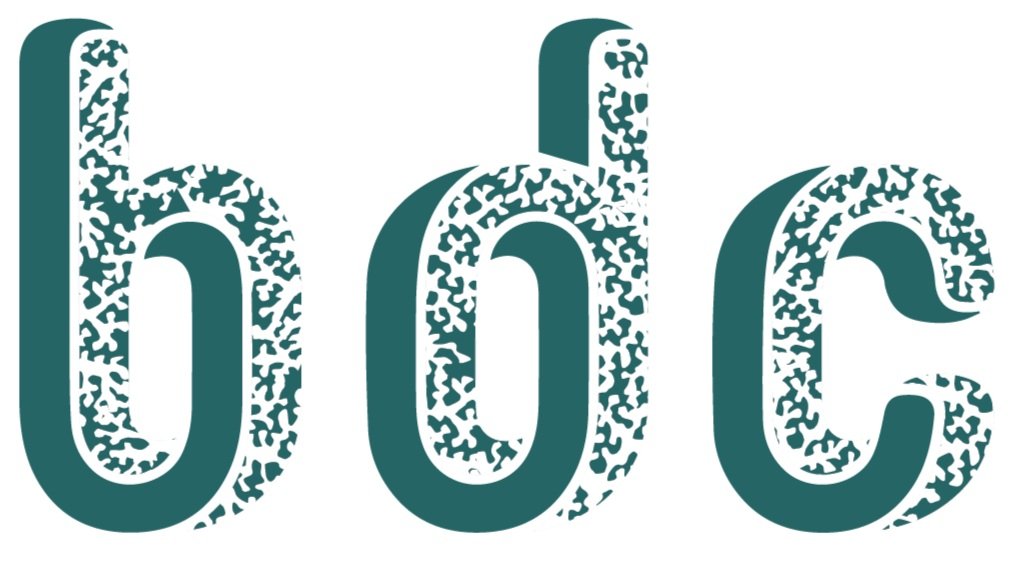Welcome to the 2nd Annual Biodesign Symposium!
The Biodesign Symposium: How to Grow a Biodesigner is an annual pedagogical conference where educators, researchers, and practicing biodesigners discuss groundbreaking issues in interdisciplinary education.
Each year, our presenters share the latest insights from the field of biodesign, offering tested advice to new instructors and highlighting future directions in educational research. The themes covered in the Biodesign Symposium are as diverse and rich as the discipline itself. Synthetic biology, regional bioeconomies, indigenous biotech, and contemporary art all come together to show how learning and experimenting across disciplines can contribute to a better world.
The 2nd Annual Biodesign Symposium will explore the prompt How to Grow a Biodesigner from a birds-eye view. The conference will open with a keynote address on the history of biodesign and progress through four themed sessions on different challenges in biodesign teaching. Attendees will encounter bold ideas in the following domains: Imagining and Adapting Infrastructures for Biodesign Education, Integrating Biological Concepts into Traditional Design Curricula, Criteria and Methods for Evaluating Biodesign Projects, and Biodesign as a Communicative Strategy.
Attendance is open to everyone with an interest in educational practices at the intersection of science, art, and design. Registration and ticketing for the Biodesign Symposium will close on 6/4/2025.
Location
June 11, 9:00am – 6:00pm | The New School, Johnson Hall
66 W 12th Street, New York, NY 10011
Schedule
9:30 AM Participant registration + coffee
10:00 AM Opening address + introduction to the symposium
10:15 AM Morning Keynote — The Growing Edge: Past as Prologue -Leslie Atzmon, Diana Nicholas
10:45 AM Morning presentation sessions — THEME: Imagining and Adapting Infrastructures for Biodesign Learning
11:55 AM Morning presentation sessions — THEME: Integrating Biological Concepts into Traditional Design Curricula
1:00 PM Lunch
2:00 PM 10 years of Biodesign Instruction: Panel Discussion on the Evolution of Biodesign Education
2:30 PM Afternoon sessions — THEME: Criteria and Methods for the Evaluation of Biodesign Projects
3:40 PM Afternoon sessions — THEME: Biodesign as a Communicative Strategy
4:40 PM Closing Address — Devon Ward, Winner of the 2024 BDC Outstanding Instructor Prize
Symposium Speakers
If you'd like to sponsor or support BDC to provide opportunities for our students, follow the link below to learn more about ways to support us.






















